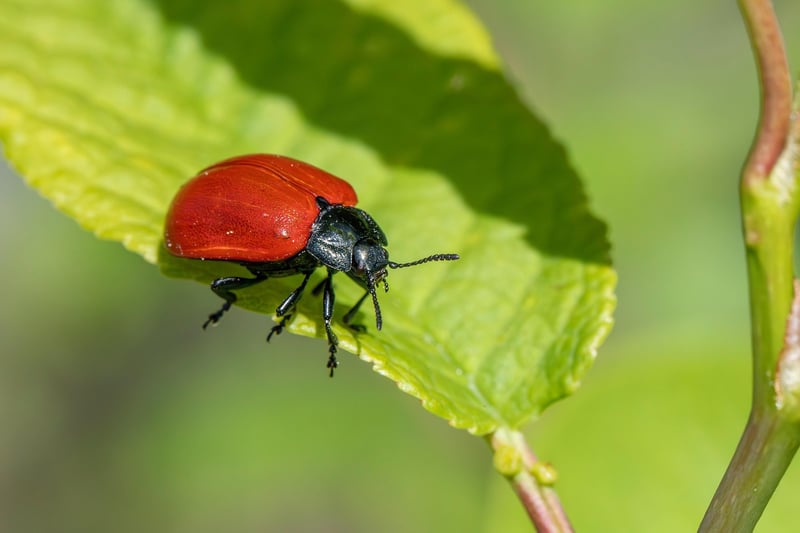Pest Control Strategies
Keeping Your Vertical Garden Healthy + Pest Control Strategies
Introduction to Vertical Gardens
Vertical gardens are a popular way to bring greenery into urban spaces, indoors, or in small outdoor areas. They not only add beauty but also provide various benefits such as improving air quality, reducing stress, and maximizing space utilization.
Tips for Maintaining a Healthy Vertical Garden
- Choose the right plants that are suitable for vertical growth and the available lighting conditions.
- Ensure proper watering by checking the moisture levels regularly and adjusting the watering schedule accordingly.
- Use a well-draining soil mix to prevent waterlogging and root rot.
- Monitor for any signs of nutrient deficiency and provide appropriate fertilization.
- Regularly prune and trim the plants to encourage healthy growth and prevent overcrowding.
- Inspect for pests and diseases to address any issues promptly.
Pest Control Strategies for Vertical Gardens
Pests can pose a threat to the health of your vertical garden. Here are some effective pest control strategies:
1. Natural Predators
Introduce beneficial insects like ladybugs or lacewings that feed on common garden pests.
2. Neem Oil Spray
Use neem oil, a natural pesticide, to control a variety of pests such as aphids, mites, and whiteflies.
3. Horticultural Oils
Apply horticultural oils to suffocate and control soft-bodied pests like scale insects and mealybugs.
4. Soap Solution
A mild soap solution can help deter pests like spider mites and aphids while being gentle on the plants.
5. Diatomaceous Earth
Sprinkle diatomaceous earth around the base of your plants to create a barrier against crawling insects.
Conclusion
Maintaining a healthy vertical garden requires attention to plant care and proactive pest control measures. By following these tips and strategies, you can enjoy a thriving vertical garden filled with lush greenery.

